Syria's Assad says will only allow 'impartial' chemical attack probe
Syrian President Bashar al-Assad says he will only allow an "impartial" chemical attack investigation into a recent suspected chemical attack on Khan Shaykhun town in Idlib Province.
The Syrian president made the remarks in an exclusive interview with AFP in Damascus on Wednesday.
"We can only allow any investigation when it's impartial, when we make sure that unbiased countries will participate in this delegation in order to make sure that they won't use it for politicized purposes," Assad added.
Speaking in an exclusive interview with AFP on Thursday, Assad asserted that the suspected chemical weapons attack on the militant-held town was a "fabrication" to justify the subsequent US military strike on Syria’s Shayrat air base in Homs Province.
"Definitely, 100 percent for us, it is fabrication.... Our impression is that the West, mainly the United States, is hand-in-glove with the terrorists,” the syrian president said, adding that they fabricated the whole story “in order to have a pretext for the attack."
He assured that his government had handed over all its chemical weapons stockpiles in 2013 and thus could not have been behind the Khan Shaykhun incident.
"There was no order to make any attack.... We gave up our arsenal a few years ago. Even if we have them, we wouldn't use them," he said.

Over 80 people died in the April 4 Khan Shaykhun purported gas attack, which Western countries blamed on the Syrian government.
Referring to images and videos purportedly showing Khan Shaykhun victims, Assad said it was "not clear whether it happened or not, because how can you verify a video? You have a lot of fake videos now."
"We don't know whether those dead children were killed in Khan Shaykhun. Were they dead at all?" he asked.
Using the incident as a pretext, US warships in the Mediterranean launched a barrage of 59 Tomahawk missiles against Shayrat Airfield in Syria’s Homs Province on April 7. Washington claimed that the airbase was the origin of the alleged chemical attack.
The Syrian head of state stated that the US missile attack on Shayrat Airfield had not diminished Damascus’ ability to carry out counter-terrorism strikes.
"Our firepower, our ability to attack the terrorists hasn't been affected by this strike," he said.
Elsewhere in his remarks, Assad noted that Syria peace talks were ineffective as Washington was "not serious" about resolving the crisis gripping the Arab country.
"The United States is not serious in achieving any political solution. They want to use it as an umbrella for the terrorists," he said.
Syria’s warring sides have held several rounds of talks aimed at bringing an end to the deadly conflict in the country, which began in March 2011.
The fifth and latest round of UN-mediated intra-Syrian discussions took place in the Swiss city of Geneva on March 23-31.
Following the meeting, UN Special Envoy for Syria Staffan de Mistura told reporters that “incremental progress” had been made during the recent Geneva talks, but acknowledged that there were “serious challenges” facing the negotiations and that no imminent peace deal was foreseeable.
Before the latest round of Geneva talks, the two sides had taken part in three rounds of negotiations, brokered by Iran, Russia and Turkey in the Kazakh capital city of Astana.
The Astana talks brought together representatives from the government in Damascus and opposition groups. The first round of the Astana talks took place on January 23-24, followed by the second round on February 15-16 and the third round on March 14-15.
Iran: US airstrikes on Yemen war crimes, violation of international law
Yemeni armed forces down F-18 fighter jet, repel US-UK attack: Spokesman
Iran warns against US-Israeli plot to weaken Muslims, dominate region
VIDEO | Public uproar in US against Israeli regime
‘Ghost town’: 70% of Jabalia buildings destroyed by Israel
Mother’s Day: Sareh Javanmardi’s inspiring journey as Paralympic champion and mother
Russia downs over 40 Ukrainian drones as Putin vows 'destruction' on Kiev
VIDEO | Yemen: A bone in Israeli neck


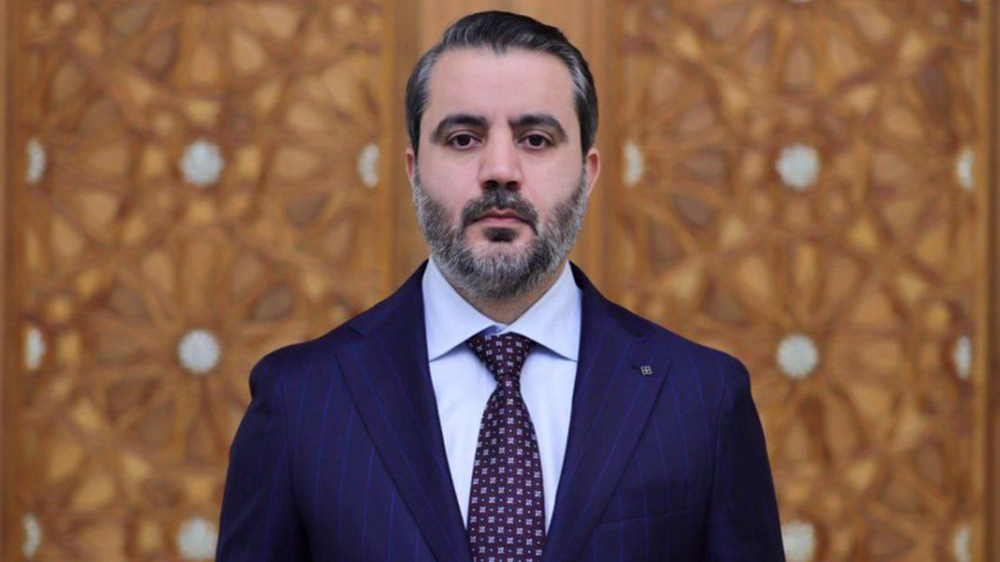

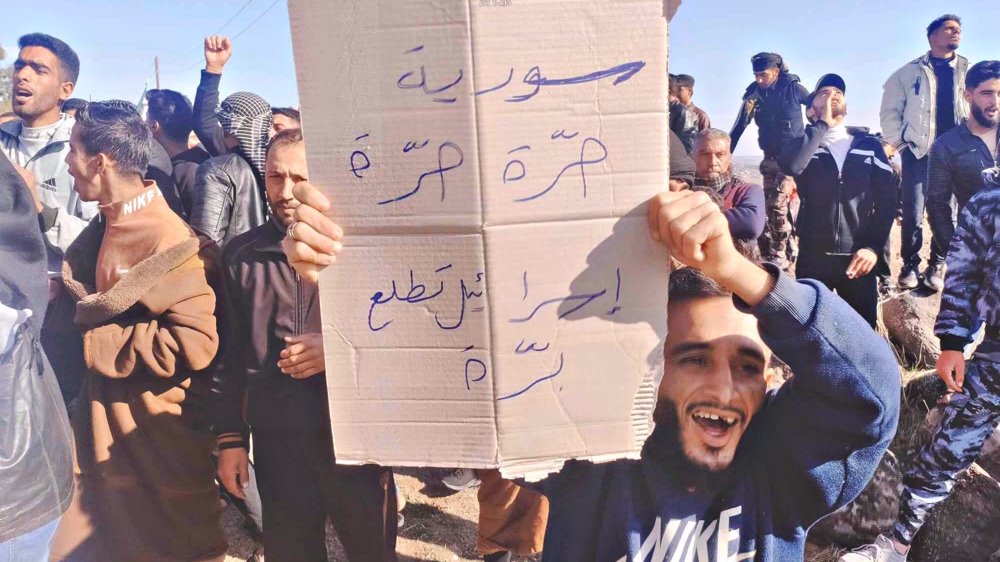




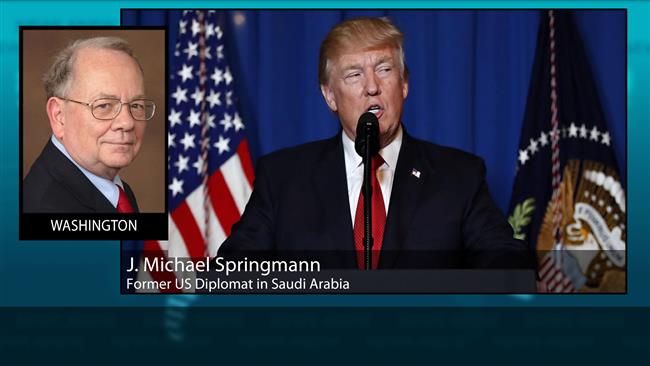
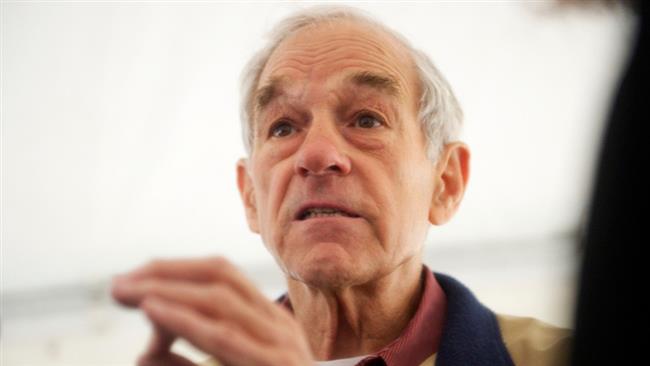
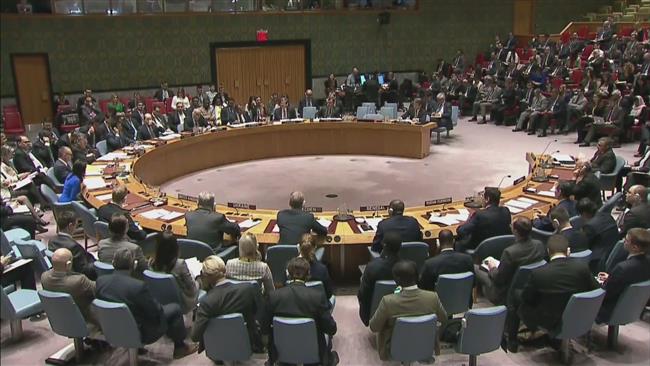


 This makes it easy to access the Press TV website
This makes it easy to access the Press TV website